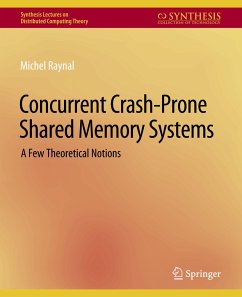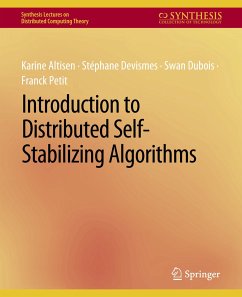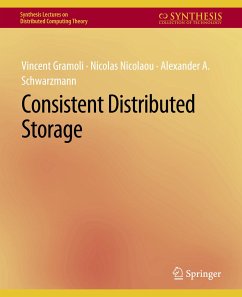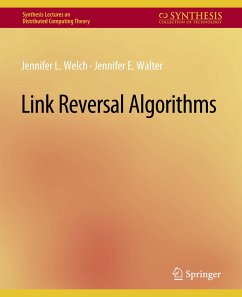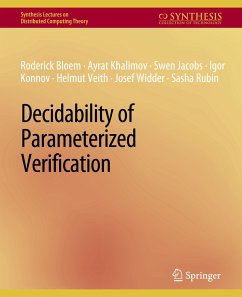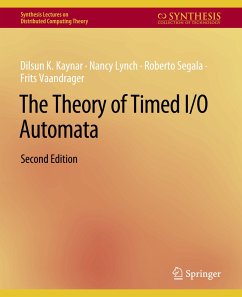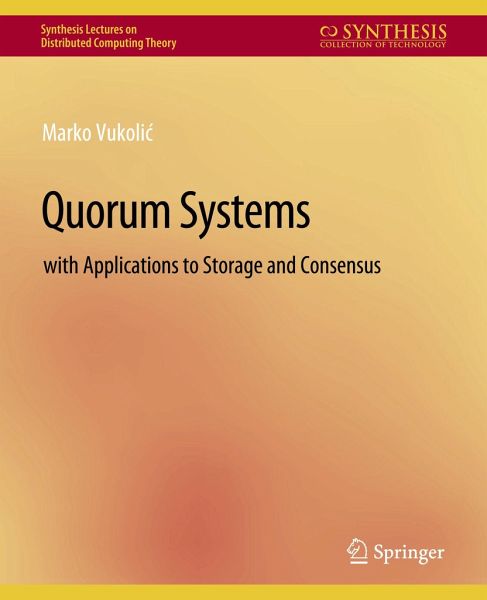
Quorum Systems
With Applications to Storage and Consensus

PAYBACK Punkte
0 °P sammeln!
A quorum system is a collection of subsets of nodes, called quorums, with the property that each pair of quorums have a non-empty intersection. Quorum systems are the key mathematical abstraction for ensuring consistency in fault-tolerant and highly available distributed computing. Critical for many applications since the early days of distributed computing, quorum systems have evolved from simple majorities of a set of processes to complex hierarchical collections of sets, tailored for general adversarial structures. The initial non-empty intersection property has been refined many times to a...
A quorum system is a collection of subsets of nodes, called quorums, with the property that each pair of quorums have a non-empty intersection. Quorum systems are the key mathematical abstraction for ensuring consistency in fault-tolerant and highly available distributed computing. Critical for many applications since the early days of distributed computing, quorum systems have evolved from simple majorities of a set of processes to complex hierarchical collections of sets, tailored for general adversarial structures. The initial non-empty intersection property has been refined many times to account for, e.g., stronger (Byzantine) adversarial model, latency considerations or better availability. This monograph is an overview of the evolution and refinement of quorum systems, with emphasis on their role in two fundamental applications: distributed read/write storage and consensus. Table of Contents: Introduction / Preliminaries / Classical Quorum Systems / Classical Quorum-Based Emulations / Byzantine Quorum Systems / Latency-efficient Quorum Systems / Probabilistic Quorum Systems




